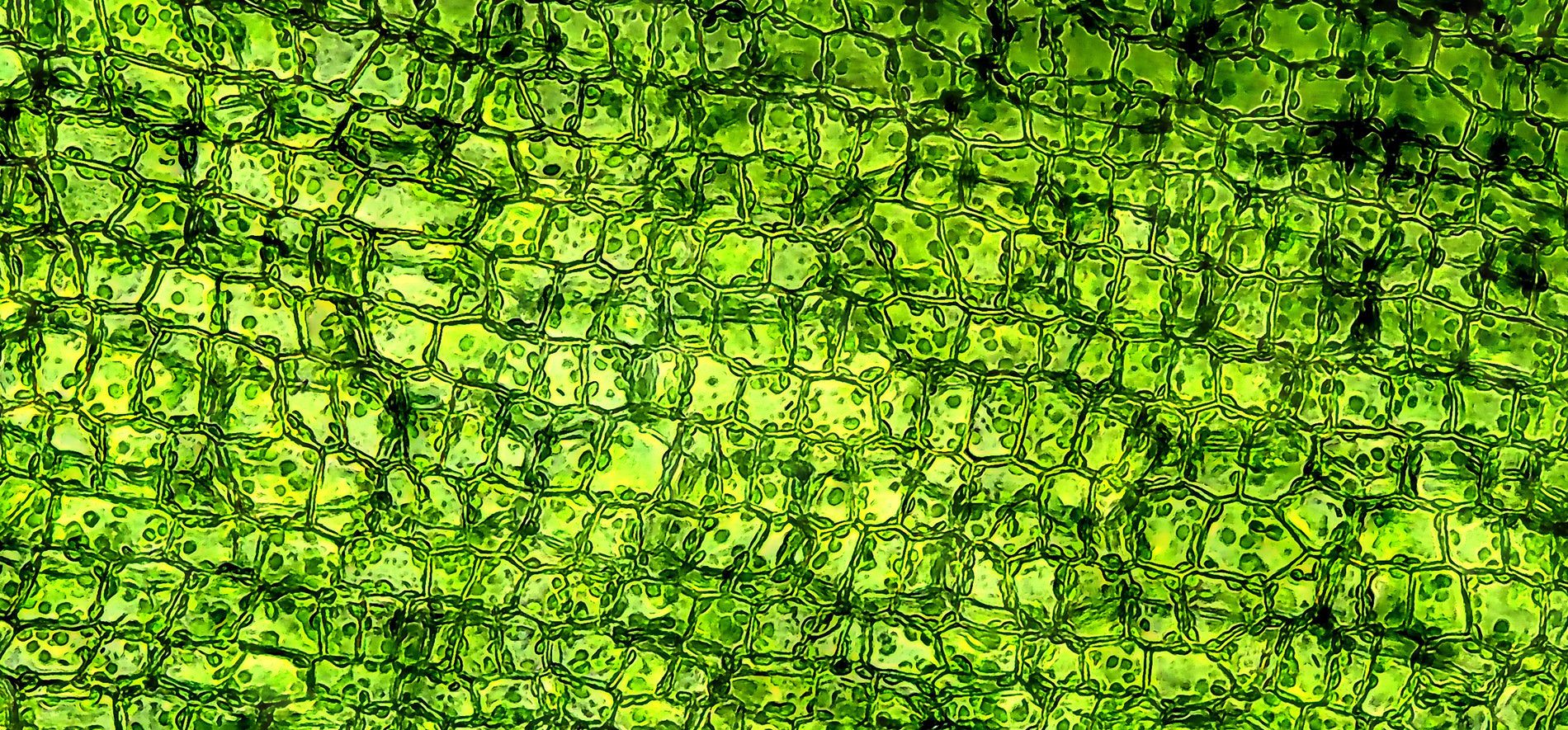
In medicine, a biopsy is a procedure that involves taking a small sample of body tissue so it can be examined under a microscope. This procedure is quite common in diagnosis or assessing the severity of a condition.
A biopsy is by its nature an invasive procedure as it requires a tissue sample to be removed from the body, and in some cases from an internal organ. Most biopsies are performed under local anaesthetic, but some require general anaesthetic.
The type of tissue sample being taken will determine the recovery time from the biopsy, but every biopsy will have at least some recovery time associated with it.
Lung cancer
Symptoms of lung cancer often don’t appear in its early stages and there is a pressing need for new ways to detect and treat the tumour before it spreads to other parts of the body. Patients who present with symptoms of lung cancer tend to be diagnosed using chest X-rays and computed tomography (CT) scans, which can also show if the cancer has spread beyond the lungs.
If it’s safe to get a biopsy sample, clinical scientists then look at the tumour cells under a microscope and classify the type of lung cancer the patient has. Classifying the type of lung cancer the patient has is critical for devising an effective course of treatment.
A relatively new test called metabolomic profiling, which also requires a tissue biopsy, can provide much more detailed information about tumour cell chemistry and metabolism and importantly how the cancer is likely to evolve. However, this test is labour and time intensive and so isn’t performed routinely in hospitals.
Virtual biopsy
Researchers from Imperial College London have demonstrated for the first time how artificial intelligence (AI) can be used to perform a virtual biopsy using non-invasive medical imaging techniques.
Any AI model needs to be trained on existing groups of patients who have a medical scan, a definitive diagnosis and preferably plenty of additional clinical information. The researchers used data from 48 lung cancer patients who were treated at the University Hospital Reina Sofia (UHRS) in Córdoba, Spain. This group proved to be a particularly valuable source of data as all the patients had a CT scan performed as well as detailed metabolomic profiling of both their tumour tissue and the healthy tissue next to the tumour.
Based on this data, the Imperial team developed an AI-powered, deep learning assessment tool they have called tissue-metabolomic-radiomic-CT (TMR-CT). What became clear to the team through the use of the assessment tool was a significant correlation between a patients’ metabolomic profiles and so-called ‘deep features’ of their CT scans, which appear as brighter or darker areas in the image.
Using this method, the team investigated whether they could bypass the need for physical tissue samples all together and infer tumour metabolic characteristics from the CT scans alone.
To test this, they used their TMR-CT model with a separate group of 723 lung cancer patients who were treated at Royal Marsden Hospital, Guy’s and St Thomas’ Hospital or Imperial College NHS Healthcare Trust. All of these patients had CT scan data and no metabolomics data.
The results showed that the TMR-CT modal adeptly classified lung cancer and, importantly, gave dependable predictions about patient outcomes, surpassing the performance of traditional CT-based methods and clinical assessments.
The non-invasive virtual biopsy has therefore been demonstrated as a potential replacement for traditional, invasive biopsies. Although the model has been trained and used only in the context of lung cancer, there could be similar applications of this AI-powered approach for any number of other conditions.
IP trends
Both the fields of instruments for obtaining tissue samples for biopsy and medical image processing have been a source of a considerable number of patent filings over the last 20 years. Indeed, the number of filings in both fields has increased vastly over this time frame. Whilst both fields are areas of increasing innovation in their own right, it is clear that there is plenty of scope for development in the overlapping region between the two.
Callum has experience in the drafting and prosecution of patent applications in the UK and at the EPO. He has worked with a range of subject matters including medical devices, mechanical engineering, software and consumer products.
Email: Callum.Anderson@mewburn.com
Sign up to our newsletter: Forward - news, insights and features
Our people
Our IP specialists work at all stage of the IP life cycle and provide strategic advice about patent, trade mark and registered designs, as well as any IP-related disputes and legal and commercial requirements.
Our peopleContact Us
We have an easily-accessible office in central London, as well as a number of regional offices throughout the UK and an office in Munich, Germany. We’d love to hear from you, so please get in touch.
Get in touch

